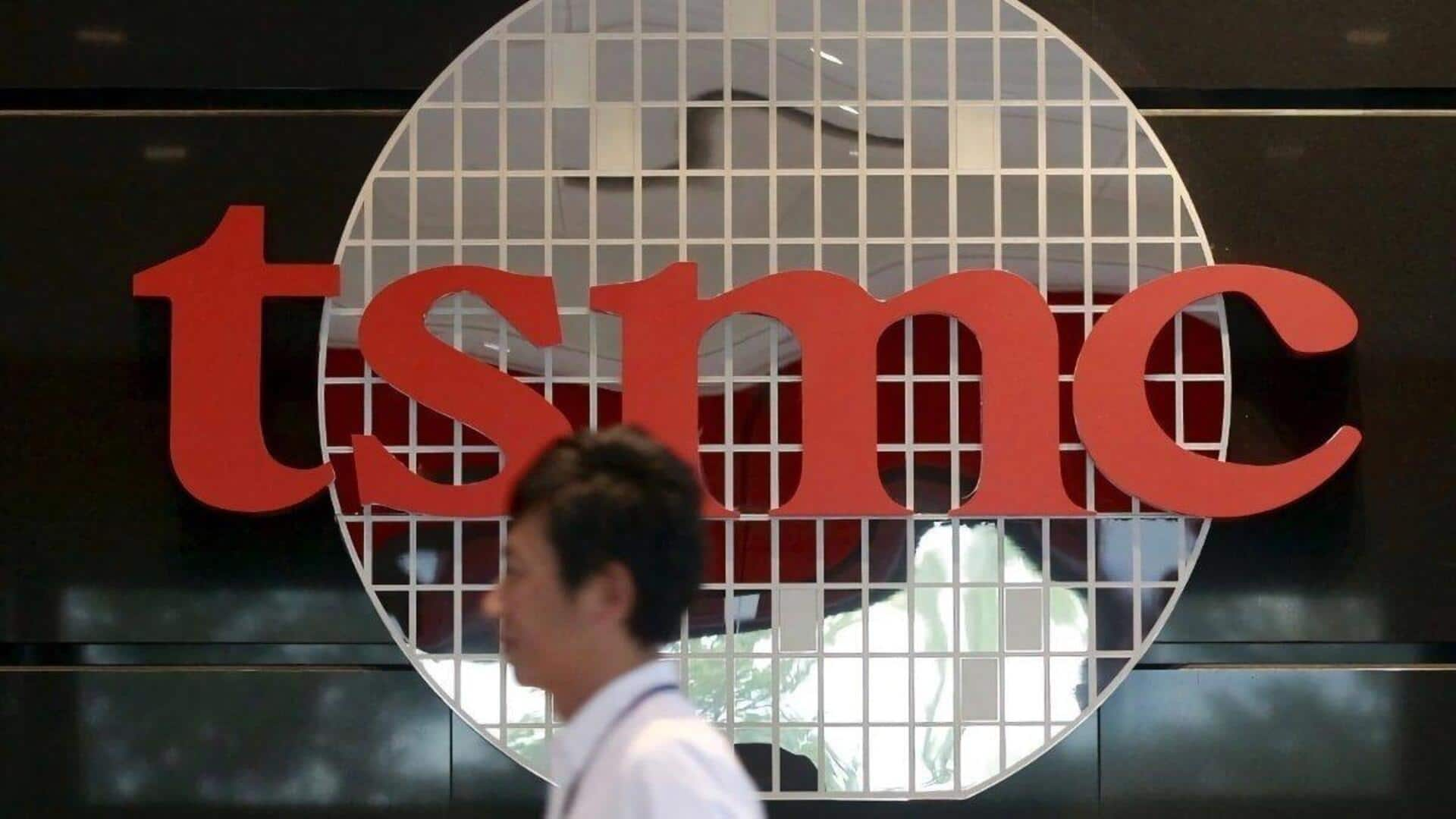
Tesla taps TSMC's 3nm chip design for next-gen Autopilot computer
What's the story
Tesla has announced its involvement in the final stages of TSMC's 3nm chip design set for the upcoming year. The increased production of 3nm chips, slated for 2024, underscores the rising need for sophisticated semiconductor solutions. Tesla's inclusion as a customer for N3P highlights its intention to harness TSMC's state-of-the-art technology for manufacturing next-generation Full Self-Driving computer chips. Not only will this boost TSMC's revenue, but it'll also strengthen Tesla's reputation as a pioneer in automotive tech.
Details
The N3P process outpaces Intel's 18A, claims TSMC
TSMC's groundbreaking N3P process, set to kick off production in 2024, promises a 5% boost in performance, a 5% to 10% decrease in power usage, and an impressive 1.04 times increase in chip density compared to the N3E process. TSMC has stressed that the N3P process's performance, power, and area (PPA) metrics, along with technology maturity, outshine Intel's 18A process.
More
Tesla-TSMC partnership strengthened with this move
Tesla and TSMC have a history of working together, with Tesla previously placing orders for the Dojo D1 chip using the 7nm process and the HW 4.0 chip featuring the 5nm process. Tesla's inclusion in the N3P customer roster signifies a strategic maneuver for both firms. This partnership will catapult Tesla to become TSMC's seventh-largest customer, fuelling TSMC's revenue growth. Tesla will benefit from the state-of-the-art silicon to power its self-driving software which remains under the scrutiny of authorities.